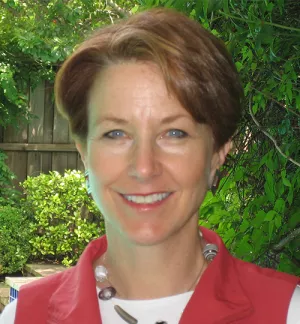Abstract
Increases in world population and per capita energy demand in the next few decades are expected to cause a substantial rise in world energy use. In addition, growing concern over carbon-based energy’s effect on global warming has revived interest in non-carbon-based energy sources such as nuclear power. Seeking ways to dissuade more states from contemplating launching their own uranium enrichment programs (which could produce not only material for nuclear fuel but also for nuclear weapons), the International Atomic Energy Agency (IAEA) is considering different mechanisms to assure these states that they can obtain fuel supplies from the market without political interference.
Nuclear fuel users, however, care about all aspects of managing the risk of their fuel supplies, not just the politics of obtaining enriched uranium. Moreover, some of these states might be afraid that any solution exclusively supported by the IAEA would still be susceptible to political pressures from certain producer members.
Building on the experience of the nuclear safety/security and catastrophic risk financing fields, we discuss ways the international community could facilitate the development of an insurance market to provide added security. Specifically, we recommend the financial indemnification for economic losses suffered by nuclear utilities (public and private) due to a disruption of supply over the full fuel cycle (enrichment, fabrication, and transportation). One way to achieve that is to establish an international insurance mechanism (e.g., a mutual company) that would both limit the fuel risk of the nuclear facilities and benefit from coverage from a consortium of private insurers and reinsurers. The mechanism could benefit from an additional layer of protection by being backstopped by IAEA member countries.
The eligibility for such insurance coverage and the terms and condition of the indemnification would be analyzed and prespecified. Because this approach would rely on international insurance markets, it could be seen not only as complementary to other proposed solutions but also more neutral.
The mutual company could also use supply options to facilitate fuel deliveries in the event of market interruptions. Support for the commoditization of the uranium market should also be considered.
Decker, Debra and Erwann O. Michel-Kerjan. “A New Energy Paradigm: Ensuring Nuclear Fuel Supply and Nonproliferation through International Collaboration with Insurance and Financial Markets.” Belfer Center for Science and International Affairs, Harvard Kennedy School, March 2007





